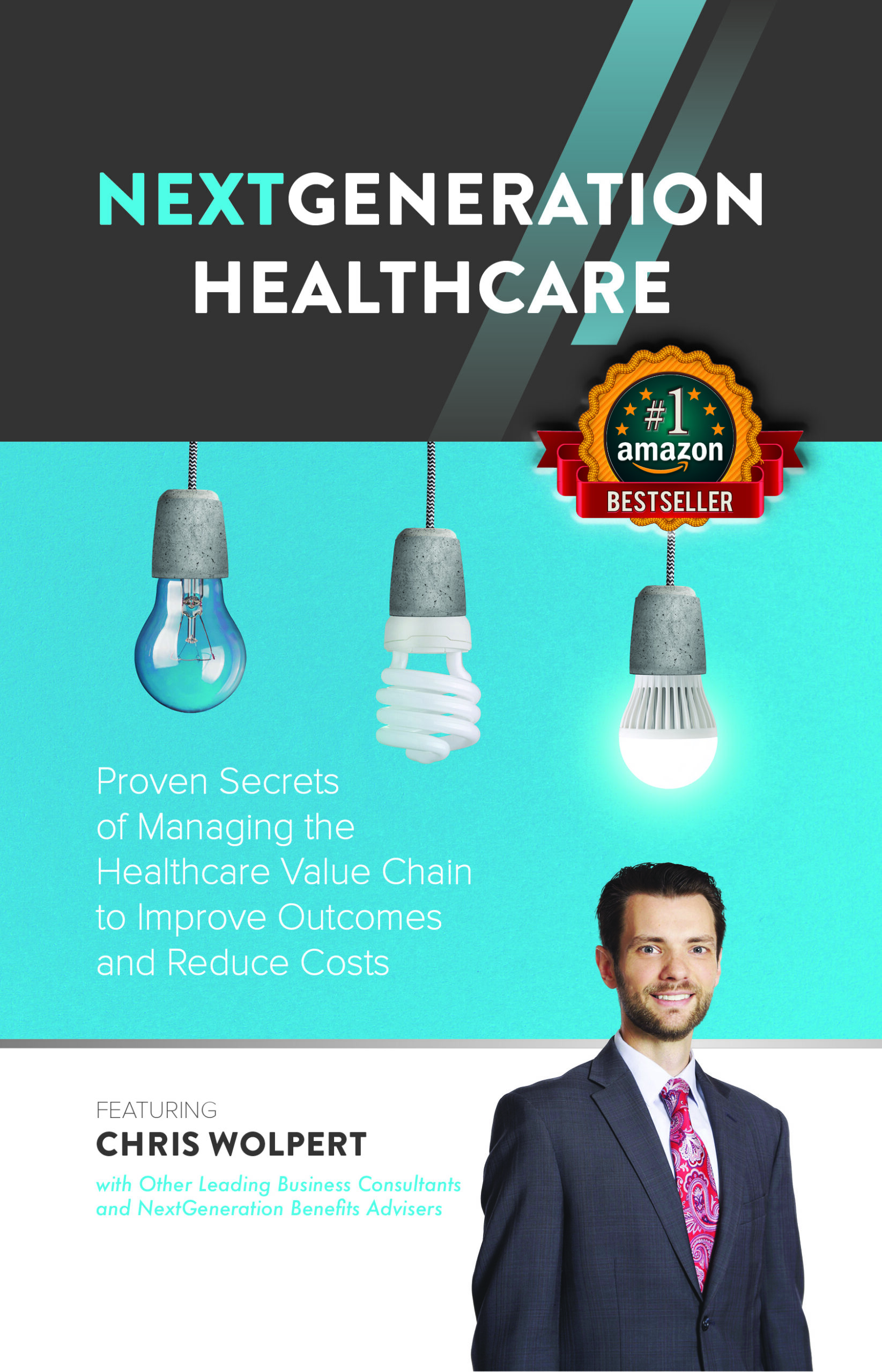More than half of employees regret the coverage decisions they make during open enrollment, according to a new study.
Part of the problem may be that the average employee spends only 30 to 60 minutes selecting their benefits during open enrollment, which typically lasts about two weeks in most workplaces, according to the study by financial service firm Equitable. For perspective, the average American spends 120 minutes a day on social media.
The findings in the study underscore the importance for continuing education and outreach on their benefits and providing your workers the opportunity to ask questions in a private setting.
The top reasons employees cited for regretting their decisions include:
- 25% said they failed to adjust their benefits to match their lifestyle changes.
- 20% forgot to make changes to their benefit selections by the deadline.
- 19% did not understand the options available or the benefits they selected.
It should be noted too that sometimes the regret comes after the plan year starts and an employee in a high-deductible plan, low- or no-premium plan has a health issue that crops up or an accident, and has to pay thousands out of pocket. At that point they may rue their choice, even though they would have paid more in premiums.
One of the more disturbing findings from the study is that nearly 25% of workers said they go to social media to educate themselves about employee benefits. The numbers were highest among Gen Z workers (43%) and millennials (37%).
On the other side of the spectrum, 67% of baby boomer employees and 60% of Gen X workers were more likely than younger generations to rely on information provided to them by their employer and benefits broker when making health plan and other coverage decisions during open enrollment.
How you can help
Employers can help their employees make smart health plan decisions by:
Not inundating them with lengthy educational materials. Often clear and concise materials are best, especially ones that use bullet points and infographics. Benefits experts recommend providing employees bite-sized information that can help them whittle down their choice.
The materials should give different scenarios for workers to help them decide on a plan, such as:
- A 27-year-old single female employee with no health problems, spouse or dependents.
- A 46-year-old married father of three young kids.
- A 58-year-old divorced woman with high blood pressure and asthma.
Keeping the open enrollment period short. Many brokers will tell you that the longer the open enrollment period, the more likely it is that employees will procrastinate on choosing their plan(s) and rush at the last minute. For best results consider a two-week period, and a run-up that includes education and outreach.
Helping them prioritize the basics. There are a few areas that they should review to make sure they choose wisely.
Some areas they can focus on include:
Retaining their doctor — Even if you are offering the same plan as last year, it’s a good idea to tell your employees to check the plan to see if their physician or their kids’ pediatricians are on the list of providers. Health plans make changes every year, so it’s important to check.
Getting the financial balance right — Many people end up spending more up-front on higher premiums in exchange for lower out-of-pocket maximums and/or deductibles, when they shouldn’t.
A young, healthy person that rarely visits the doctor may be better off with a plan that has lower premiums and a higher deductible, which they will not likely reach.
Worst-case-scenario calculation — Your employees should understand the implications if they suffer a medical crisis. For a full perspective, they can:
- Calculate the total premium they will pay for the entire year (their monthly premium contribution x 12), and add
- The out-of-pocket maximum for the plan.

